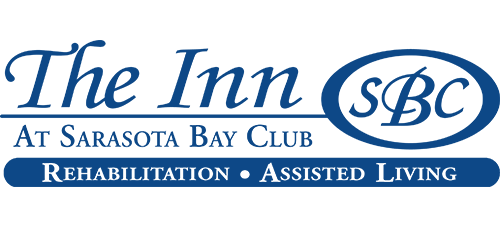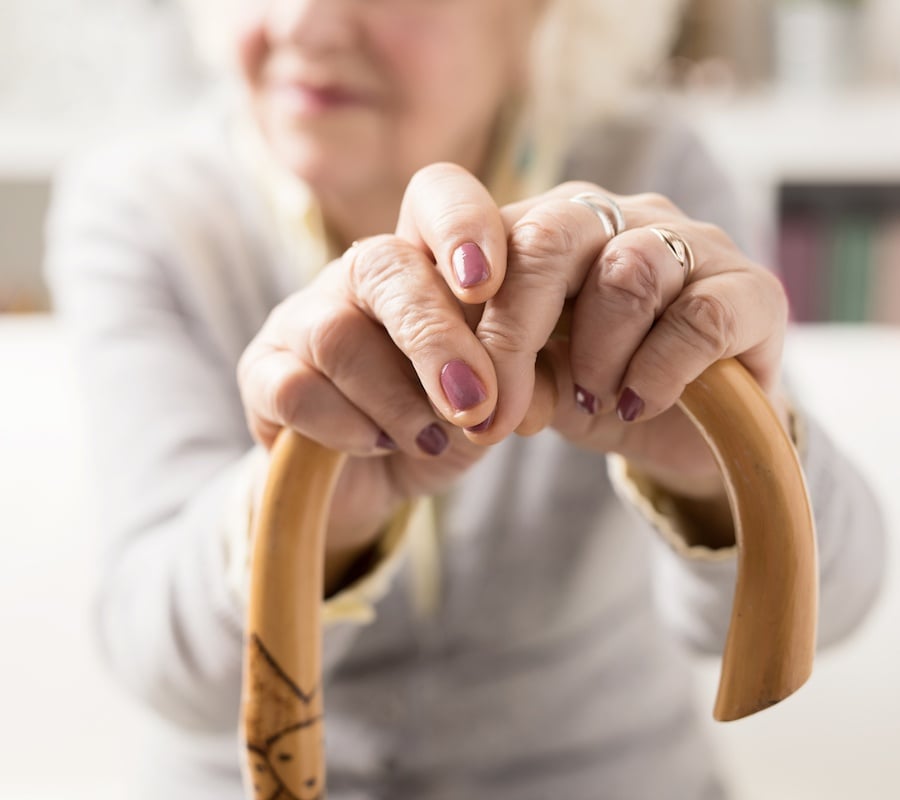Becoming a family caregiver can feel overwhelming at first. If you’re stepping into a caregiving role, preparing ahead of time by understanding your capacity, protecting your own health, building a support network, and using the right tools can make the transition far more manageable. While caring for an aging loved one is deeply meaningful, it also requires emotional, physical, and organizational readiness.
Here are five key questions to help you prepare for the responsibilities of family caregiving.
1. How Do I Know If I’m Ready to Be a Caregiver?
Before taking on caregiving duties, it’s important to honestly evaluate whether you’re prepared for the demands of the role. Family caregiving often requires physical stamina, emotional resilience, and flexibility in your daily life.
Ask yourself:
- Is my physical health strong enough to assist with mobility or daily tasks?
- Can my job accommodate emergencies, appointments, or schedule changes?
- Do I have other family responsibilities, such as young children, that require my attention?
On average, a family caregiver spends 24.4 hours a week providing hands-on support, which can place real physical and mental demands on your time and energy. Talking with your loved one’s doctor can help you better understand what level of care is needed and what tools or resources may be required to support both your loved one and your own well-being.
2. How Can I Protect My Mental and Physical Health While Caregiving?
Caregiving can take a toll if your own well-being is neglected. Many caregivers experience fatigue, stress, and burnout, especially when sleep and self-care are deprioritized. In fact, over one-third of family caregivers report getting fewer than seven hours of sleep per night.
Protecting your health means:
- Prioritizing regular sleep, nutrition, and movement
- Keeping up with your own medical appointments
- Making time for mental health practices like meditation or journaling
Caregiver support groups can also provide emotional relief and connection. Talking with others who understand the experience can help reduce feelings of isolation and stress.
3. How Do I Build a Support Network or Care Circle?
You don’t have to do everything alone. Building a care circle allows you to share responsibilities and create a more sustainable caregiving routine.
Your support network may include:
- Family members and close friends
- Neighbors who can assist with errands or meals
- Visiting caregivers or respite care services
- Community organizations and healthcare professionals
Even small acts of help, such as grocery drop-offs or brief check-ins, can significantly reduce daily pressure.
4. Should I Talk to My Employer — and How?
If you’re working while caregiving, open communication with your employer is essential. Letting them know about your situation early can help you explore flexible solutions.
You may want to discuss:
- Adjusted or flexible work hours
- Remote or hybrid work options
- Backup coverage for emergencies
- Your rights related to caregiving and family leave
Clear communication helps set expectations and reduces stress when unexpected caregiving needs arise.
5. What Organizational Tools Help Manage Caregiving Responsibilities?
Caregiving often involves managing medications, appointments, treatments, and ongoing communication with healthcare providers. Staying organized can prevent missed tasks and reduce mental load.
Helpful tools include:
- A caregiving journal or digital log
- Medication and appointment reminders
- Notes for doctor visits and follow-up questions
- Shared calendars for caregivers and family members
Having everything in one place makes caregiving more efficient and allows you to focus on your loved one rather than logistics.
Frequently Asked Questions About Family Caregiving
Is it normal to feel overwhelmed when starting as a caregiver?
Yes. Feeling overwhelmed is very common, especially early on. Caregiving involves new responsibilities, emotional adjustments, and time commitments that take time to adapt to.
What if I work full time and can’t commit many hours each day?
Many caregivers balance full-time work with caregiving by building support networks, using community resources, and exploring flexible work arrangements or professional care options.
Where can I find financial or community support as a caregiver?
Local aging services organizations, nonprofit caregiver groups, and healthcare providers can help connect you with financial assistance, respite care, and community programs.
When should I consider professional care or assisted living instead of doing everything myself?
If caregiving begins to impact your health, work, or overall well-being, or if your loved one’s needs exceed what you can safely provide, it may be time to explore professional care or assisted living options.
While highly rewarding, caring for an aging family member can be complicated. By preparing for these responsibilities in advance, you can avoid emotional distress in the process.
If, after some time, you feel as if your loved one requires more care than you can provide, don't hesitate to explore other options.
Sarasota Bay Club is a luxury retirement living facility with many options for seniors who need assistance. Schedule a private tour today to learn more about the opportunities we offer.











